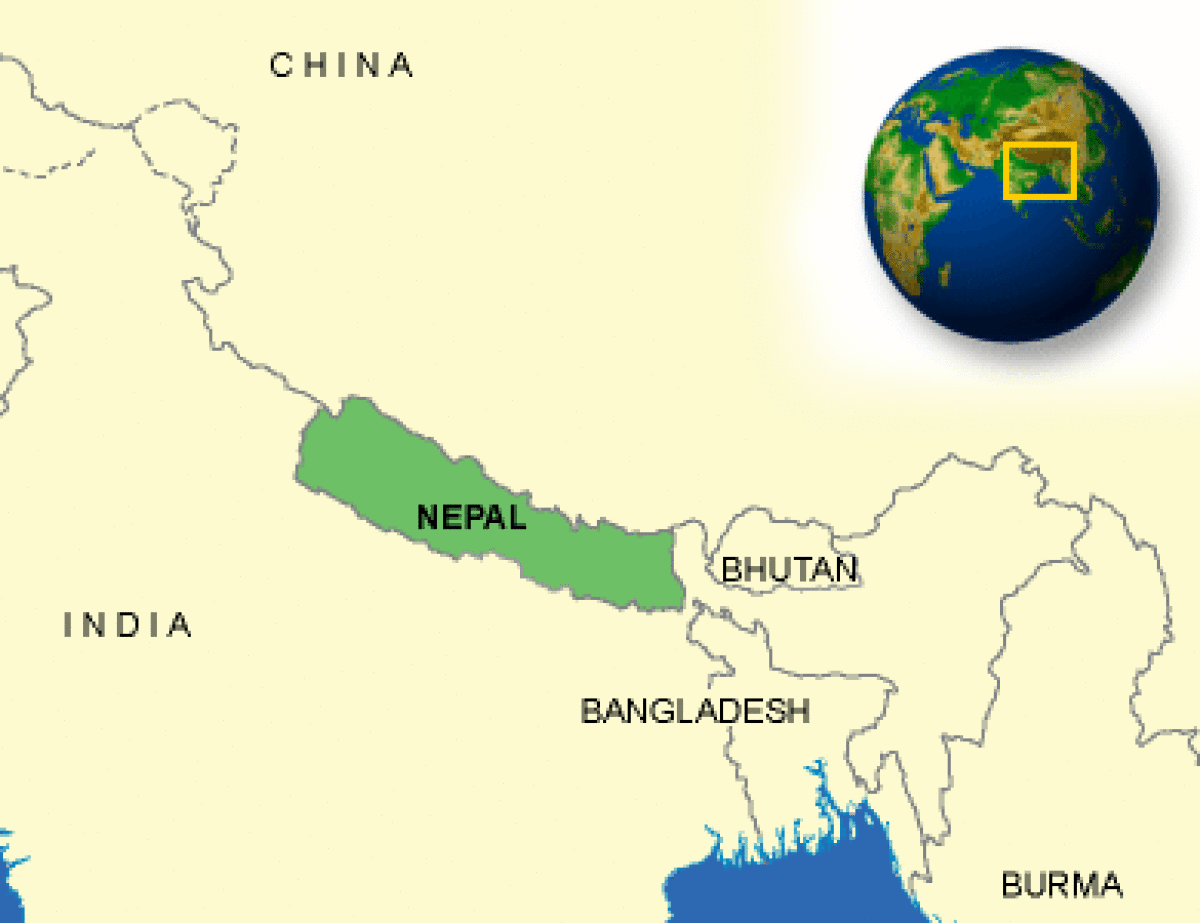What kind of country is Nepal?
Nepal is a landlocked country located in South Asia, nestled between China to the north and India to the south, east, and west. It is characterized by its diverse geography, ranging from the towering peaks of the Himalayas to the lowland Terai plains. Here are some key aspects that define the nature of Nepal:
Geographical Diversity:
Himalayan Region: The northern part of Nepal is dominated by the Himalayan mountain range, home to some of the world's highest peaks, including Mount Everest.
Hill Region: Central Nepal consists of picturesque hills and valleys, offering a moderate climate and lush landscapes. Cities like Kathmandu and Pokhara are situated in this region.
Terai Region: The southern lowland Terai plains boast fertile land and a subtropical climate. This region is known for its wildlife reserves and agricultural productivity.
Cultural Richness:
Ethnic Diversity: Nepal is home to a mosaic of ethnicities, each with its own unique traditions, languages, and customs. The major ethnic groups include the Gurung, Sherpa, Newar, Tamang, Tharu, and many others.
Religious Harmony: The majority of the population practices Hinduism, but Buddhism, Islam, and other religions coexist harmoniously. Numerous temples, monasteries, and religious sites dot the landscape, contributing to Nepal's cultural vibrancy.
Historical Significance:
Ancient Kingdoms: Nepal has a rich historical heritage, with ancient kingdoms like Kathmandu, Bhaktapur, and Patan playing crucial roles in the country's history. Durbar Squares in these cities showcase impressive palaces, temples, and artistry from bygone eras.
Birthplace of Buddha: Lumbini, located in the Rupandehi District, is recognized as the birthplace of Siddhartha Gautama, who later became Buddha. This UNESCO World Heritage site attracts pilgrims and tourists interested in Buddhist history and culture.
Tourism and Adventure:
Trekking and Mountaineering: Nepal is a mecca for trekkers and mountaineers. The Annapurna and Everest regions offer some of the world's most renowned trekking routes, and the challenging peaks of the Himalayas draw climbers from around the globe.
Cultural Tourism: The country's cultural heritage, diverse landscapes, and warm hospitality make it an attractive destination for cultural tourism. Visitors can explore ancient temples, attend festivals, and engage with local communities.
Challenges and Resilience:
Geopolitical Challenges: Nepal faces geopolitical challenges, sandwiched between two major Asian powers, China and India. This dynamic has implications for trade, infrastructure development, and political stability.
Natural Disasters: The country is prone to natural disasters, including earthquakes and monsoons. The devastating earthquake in 2015 highlighted the resilience of the Nepali people and the importance of ongoing efforts in reconstruction and disaster preparedness.
In summary, Nepal is a country characterized by its breathtaking natural beauty, cultural diversity, historical significance, and a thriving adventure tourism industry. Its unique blend of traditions and landscapes makes it a compelling destination for travelers seeking a rich and immersive experience.

Comments
Post a Comment
If you have any doubts. Please let me know.